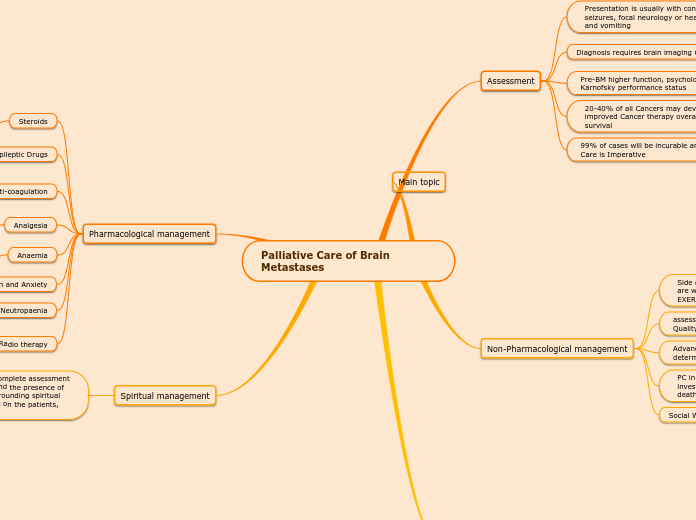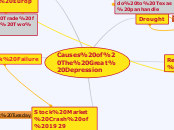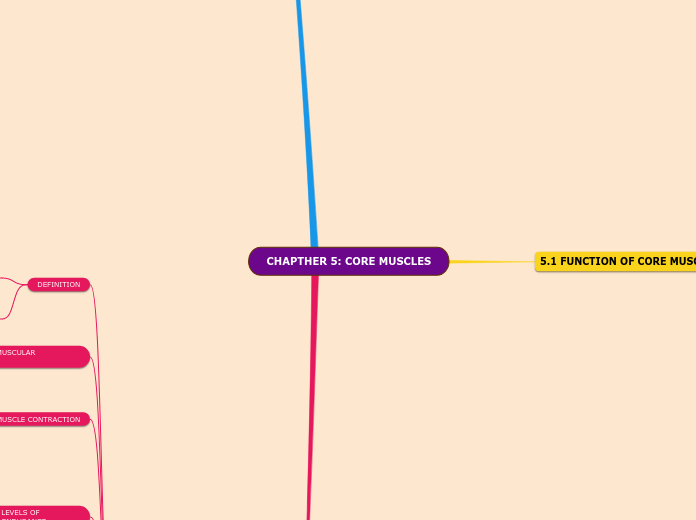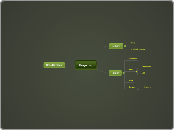av clint cupido 4 år siden
296
Palliative Care of Brain Metastases
Managing brain metastases involves multiple approaches aimed at improving the patient's quality of life. Non-pharmacological strategies such as exercise and physiotherapy can help mitigate symptoms like weakness, myopathy, and fatigue, while advanced care planning plays a crucial role in determining the extent of future interventions.









